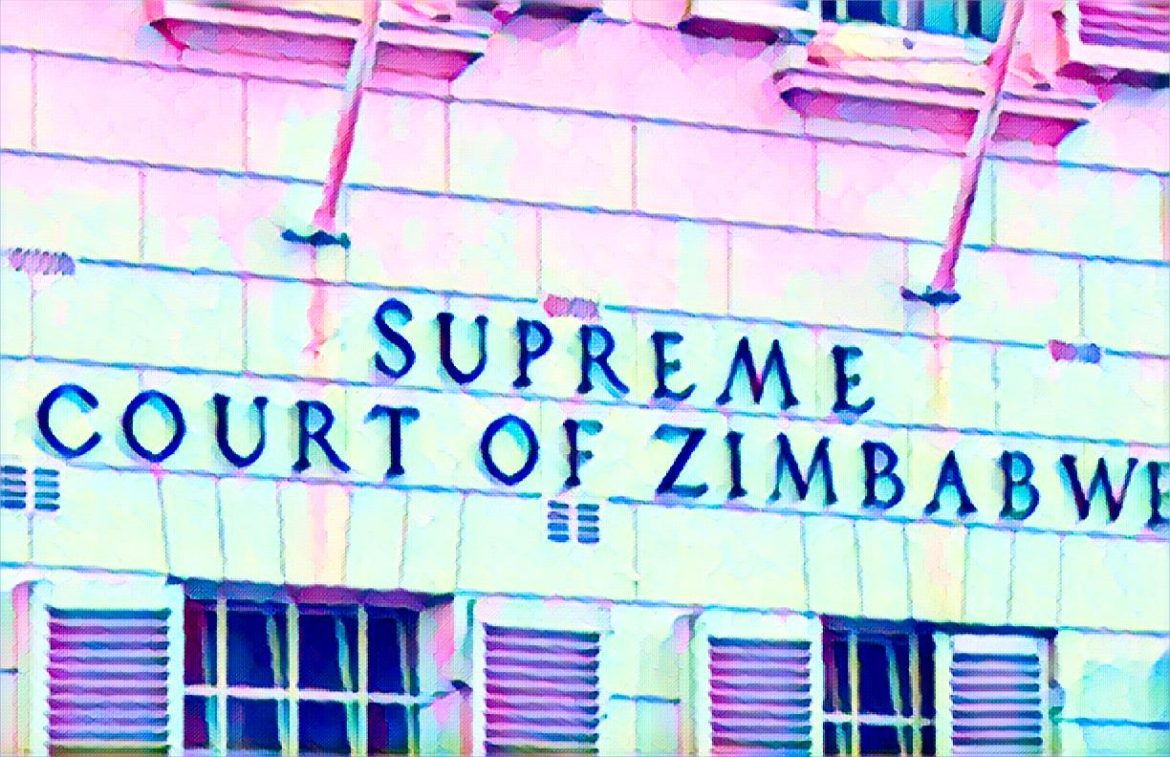KEY POINTS
-
Zimbabwe’s Supreme Court upholds tacit universal partnership ruling.
-
Ruling strengthens legal recognition of unregistered unions.
-
Court confirms 55% of the property to one partner, 45% to the other.
Zimbabwe’s Supreme Court has upheld a High Court ruling in a landmark case involving a tacit universal partnership, confirming that a lawyer and her former partner must divide their jointly acquired property. The court dismissed an appeal by Samantha Nhende, who had contested the ruling that she was in a tacit universal partnership with Andrew Zigora, despite their unregistered customary law union.
This decision further cements judicial recognition of tacit universal partnerships in Zimbabwe, particularly in cases where cohabiting couples contribute jointly to property and assets, even without formal marriage.
Ruling supports tacit partnership in unregistered unions
The court’s judgment reinforced the idea that the tacit universal partnership concept applies to couples living together outside of formal marriages. Justice Hlekani Mwayera, who delivered the judgment, stated that both parties had contributed to the acquisition and renovation of their property, meeting the legal requirements for a tacit universal partnership.
In the specific case, Nhende and Zigora had jointly secured a mortgage for a home during their 10-year union, with Nhende’s salary used for loan repayments, while Zigora contributed to renovations and insurance payments. The High Court had previously ruled that the property should be divided based on their joint contributions, with the Supreme Court reaffirming this decision.
Court rejects claims over property ownership disputes
Despite Nhende’s argument that they had managed finances individually and did not share ownership intentions, the Supreme Court found that their conduct during the property’s acquisition demonstrated the partnership’s existence.
According to New Zimbabwe, the court emphasised that, even in the absence of pooled finances, the couple’s shared intentions and joint efforts to acquire and improve the property met the legal threshold for a tacit universal partnership.
The court also dismissed claims that Zigora’s Madokero stand should be part of the property division, ruling that it had not been part of the legal proceedings. The Supreme Court’s ruling has implications for future cases involving unregistered customary unions and tacit partnerships in Zimbabwe.


